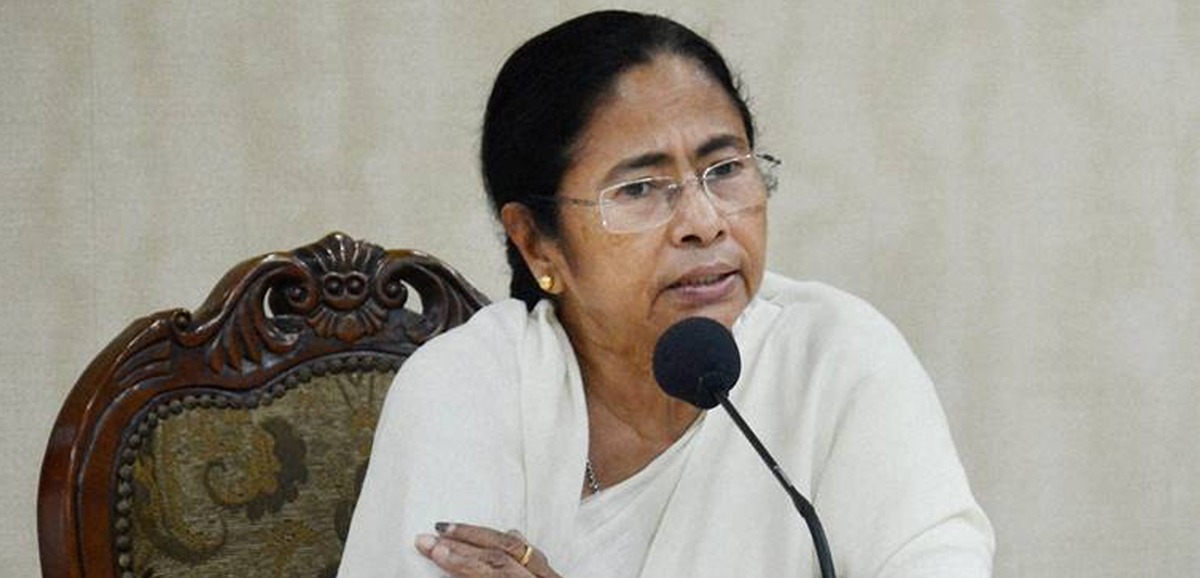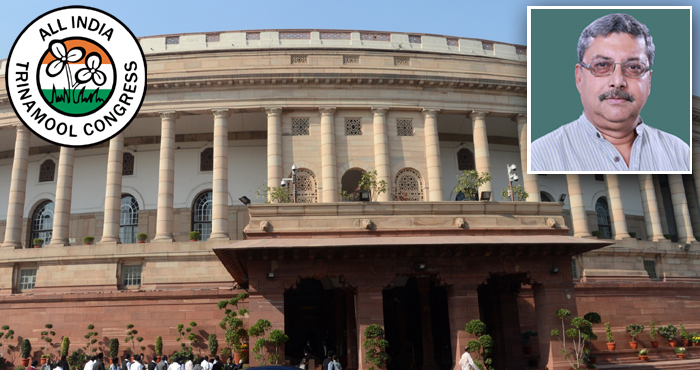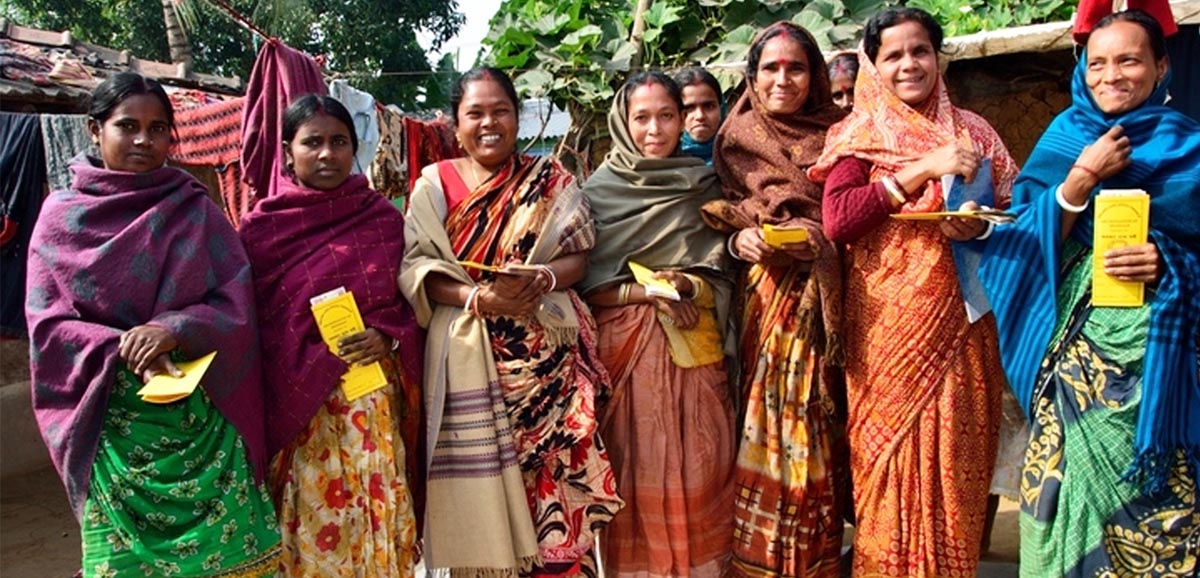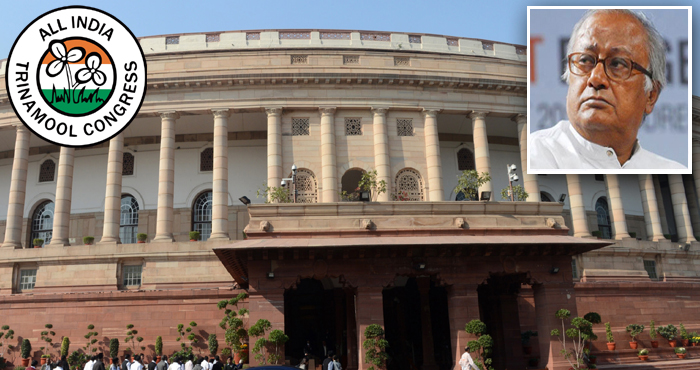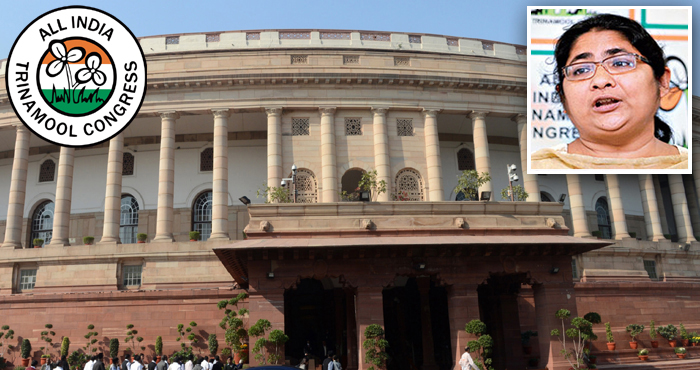FULL TRANSCRIPT
Sir, I rise to speak on The Code on Wages, 2019. I will not speak for too long because the Bill was placed in this House in 2017, then it went to the Standing Committee, then it came back and it was again placed in 2018. This is a codification of that Bill. Basically it is an amalgamation of four Acts – The Minimum Wages Act, 1948, The Payment of Wages Act, 1936, The Payment of Bonus Act Act, 1965 and The Equal Remuneration Act, 1976. I will later explain whether this Bill is an improvement on these Acts. Now this amalgamation has been done at the behest of the employers. The Government has proposed that it will put all the labour laws in five codes. The employers, CII, I saw in a statement, want only one code and the Government has bent somewhat to assuage their feelings.
Sir, but it is not the law that really matters. You are coming from Kalyan, which is a centre of the cashew industry. The condition of workers in this country is very bad, so bad that I feel unable to do trade unions anymore because the workers will have a bargaining power as long as the management is making a profit. As soon as it starts making losses, the question becomes how many workers’ jobs you maybe able to save.
Sir, I got tired of negotiating for retaining workers in a company let alone their wages. This pathetic situation has been happening ever since liberalisation started in the country in 1991 and this has been acclimated in the few years of the NDA rule, when the employers are feeling very strong. So we have the Minimum Wages Act and the Payment of Bonus Act. Now who will calculate the allocable surplus from the profit after analysing the balance sheet? Nobody! What help will the Government give them to calculate the allocable surplus? Nothing!
Well, the Payment of Bonus Act here is also in the course of business, minimum 8.33 per cent and maximum 20 per cent is fixed but as far as allocable surplus is concerned or productivity link bonus is concerned. This is the pathetic situation of workers in this country, that they are fighting with their backs to the wall to save their existing privilege.
In trade unions, we say that existing benefits cannot be curtailed, I can show you company after company where the existing benefits of workers have been curtailed, where employment has been curtailed. By the way, neither State Governments nor the Central Government has been able to prevent that. Now in India it is said that the manufacturing is only 20 per cent of GDP. The main income comes from the service sector. How many unions are there in a call centre? None! How many unions are there in the IT industry? None! Women are working in the IT industry. What protection are you able to give them through trade unions? Nothing! The workers are caught in this whirlpool where they are losing their basics.
I don’t know but even in the BJP there might be some people who think of the workers, others are not much concerned, they are just ‘Jai Shri Ram’ people so they are not concerned but those who think about the organised working class will realise that unless the organised working class can survive there will be nothing.
Another thing is, formally, the public sector was there. Public sector was seen as an ideal employer. Now public sector companies are shutting down one by one. I just went to Sadananda Gowda to please save one company in my constituency, Bengal Chemicals, from being strategically sold. So the public sector, which was an ideal employer, is now shrinking. So there is nobody, no fallback for the working classes. So they are not getting wages, they are being deprived of bonus and you see Chairman sa’ab, if a company defaults on payment of wages, you will have to go to the payment of wages court. Who will write the application for the workers? We white-collared people entered into trade unions because the workers cannot write an application in English. The Bill talks about appointing a facilitator; will your facilitator help the trade unions or the ordinary workers to draft petitions, to draft appeals to different courts? These are matters to be thought over.
Today, having a labour court or not having a labour court, these laws were there earlier. If you see this Bill and go through the four Acts – The Minimum Wages Act, The Payment of Wages Act, The Payment of Bonus Act Act, and The Equal Remuneration Act – there is not much difference. So the same things have been amalgamated into one.
There are only a few good features. For the first time floor wages for the whole country in different geographical areas, have been fixed, good thing. Another new thing – inspectors-cum-facilitators are being appointed to overcome the ‘Inspector raj’. Inspectors only went to companies and took their money and came away. So it facilitated a self-working class; it will be a good thing. Third is, now there is an appellate authority against payment avoidance. Fourth, now an under-secretary-level officer of the Government of India has been appointed to dispose of cases, punishable with Rs 50,000. That’s a good thing. Some cases will be disposed of.
Advisory bodies at the Central level and the State level are being formed. It’s a good thing though I know, we’ll meet once in one year and drink tea and some biscuits and depart. I have been members of many advisory boards in my life; they have no purpose because they have no executive power. So they will just say, some people shout a little, others will sit quiet, tea and samosa will come, they will take that and depart. So that will have no solution.
This Bill, so I say, is an amalgamation. It provides all the essential elements of wages, equal remuneration, payment and bonus. Now regarding minimum wages, I will say that even for the implementing minimum wages, we have to struggle. But at least minimum wages are some protection and some organisations like Central Government organisations, once a minimum wage is notified, pay that. So minimum wages is good. Now, you said that minimum wage will take into consideration skill differential, skills required and outwardness of the work and geographical location. This is good formula for minimum wages. And they will appoint as many committees as necessary. The good formula for minimum wages and they will appoint as many committees as necessary, it is a good thing.The Bill has included working journalists including TV journalists also. Sales promotion employees will be covered.
The Labour Minister, I think you went to Kolkata, you had a meeting with sign workers where BJP has formed a union. But for a Central Minister to go to a few workers does not behove. You didn’t go? Then it’s ok.
Sir, the last point, the overtime has been fixed. It will be twice the normal rate of deduction. So, I shall speak again when the occupational thing, this Code on Wages, makes the book only smaller; it does not solve any problem. Think of a way to give workers a little more strength. Think of a way so that workers can lead their own union and do not need the babus like you to write their petitions and letters. Think of a way where workers can work without the help of advocates from outside who make a killing out of their misery. We want wages, we want the organised working class to survive intact. Of course, the Ambanis and the Adanis will be happy but the nation will be very very unhappy.
With these words, I have nothing against this Bill. I have many amendments for which I will notice, 20 or, so amendments. But they are all procedural. Basically, the idea of having a single law I am not objecting to and you have maintained the basic right that workers had. So I have no objection to the Bill as such. With these words Sir, I end my speech.



